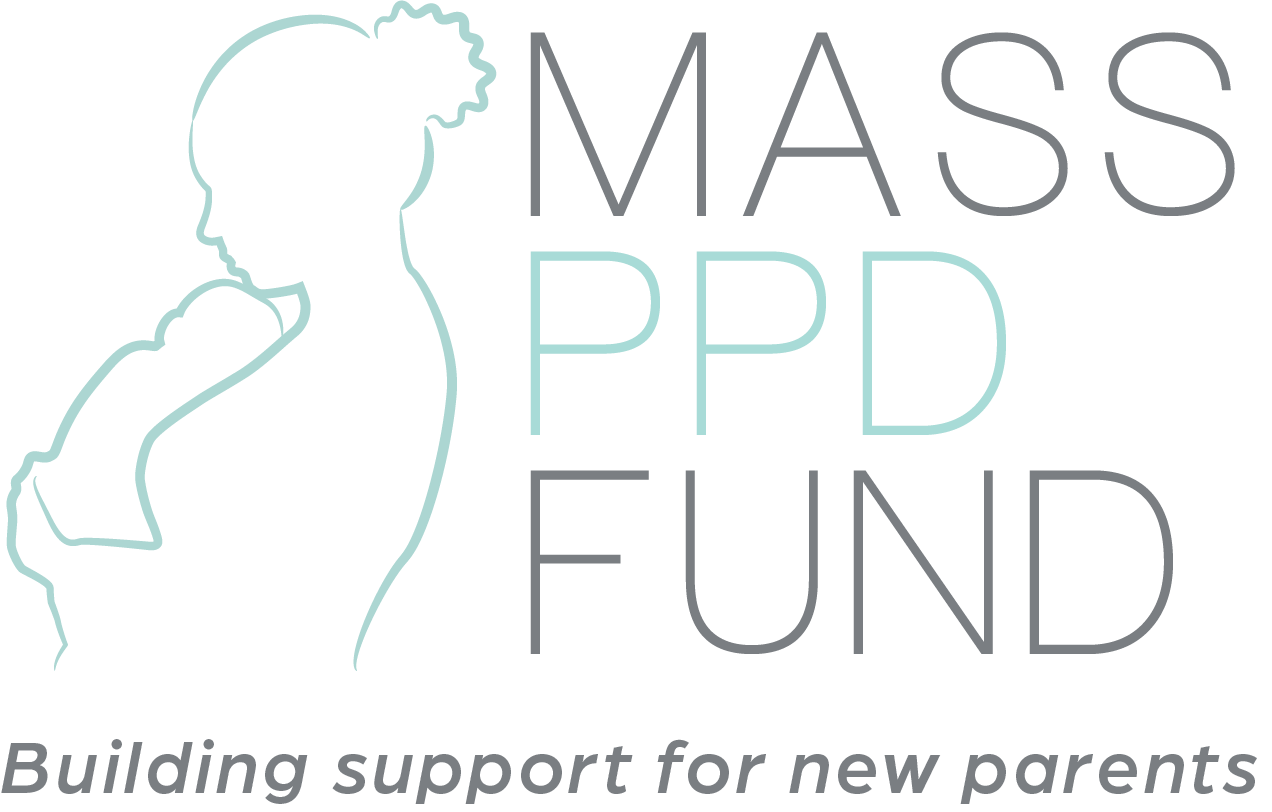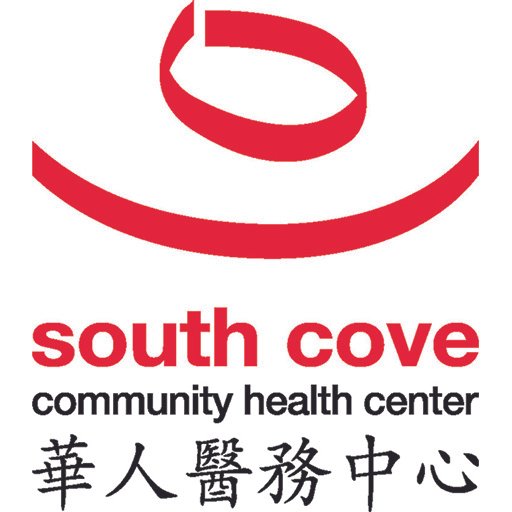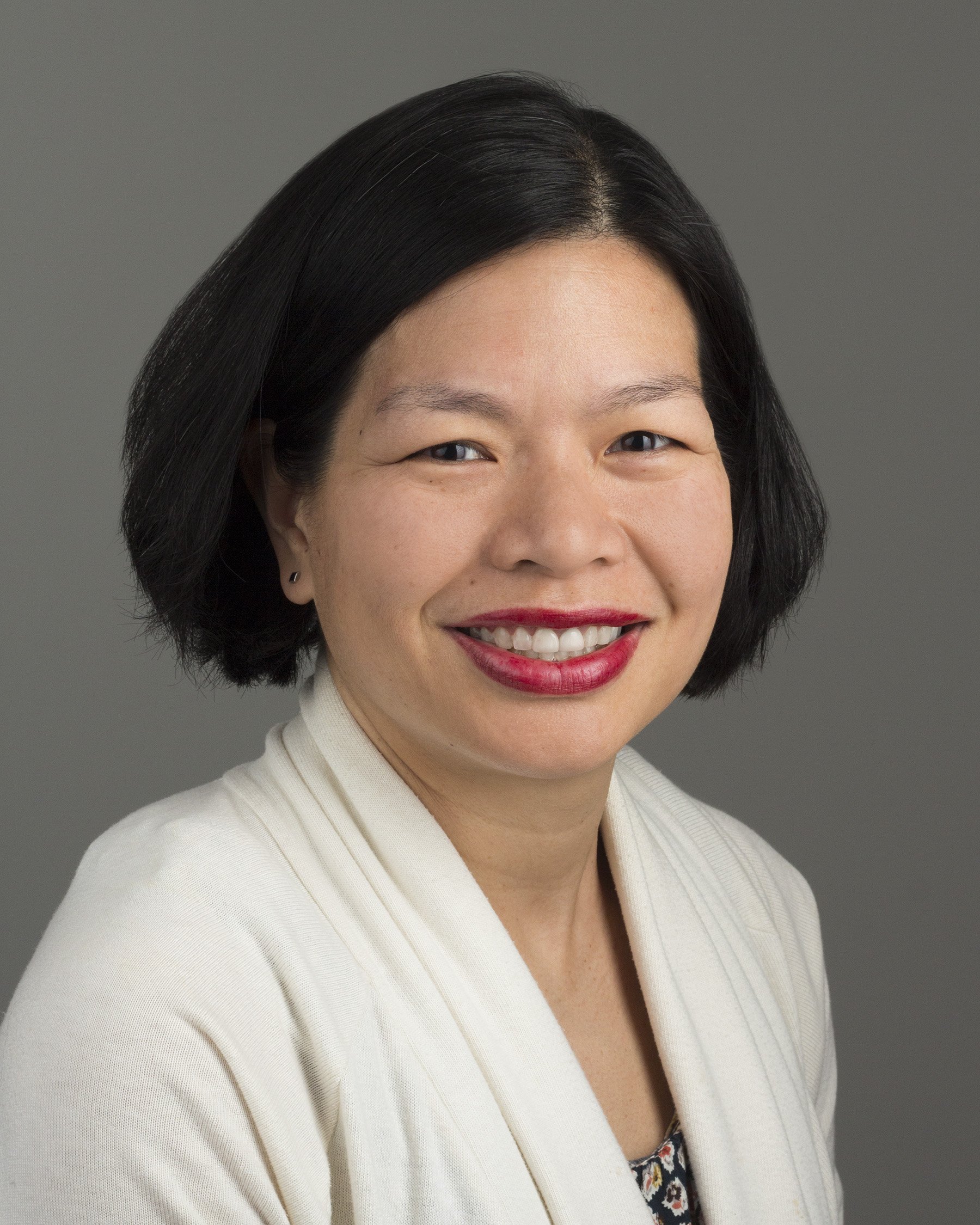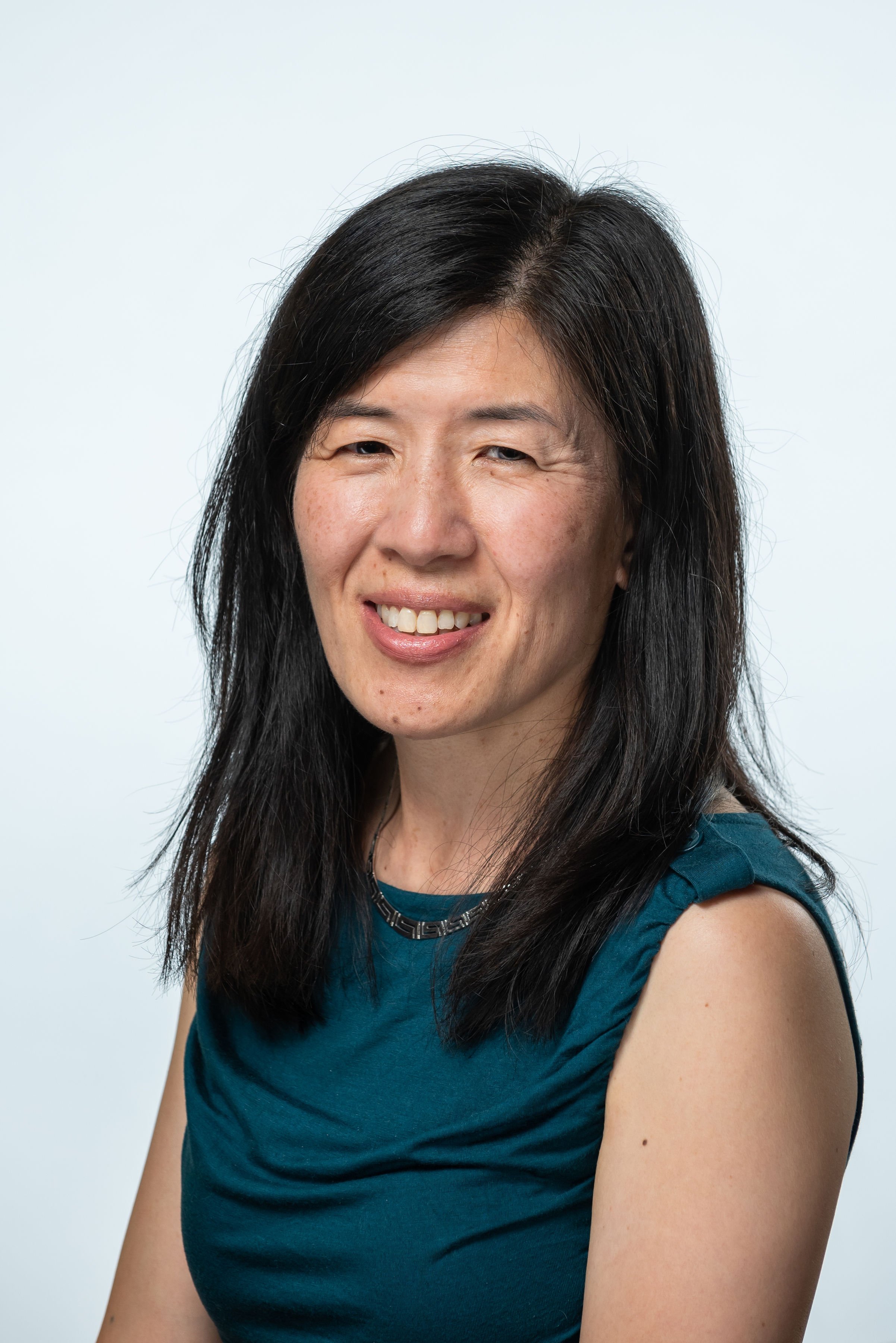BIPOC Mental Health Month 2023: South Cove Community Health Center
“Our whole OB/GYN team is involved in the screening. And I know I can pick up the phone and Behavioral Health will respond to any of our patient concerns immediately – sometimes in that exact moment. Over the years we've really grown [our] services to be more preventative, coaching not only the patient, but the family, to be prepared that these are very common issues, and that we have services to help. It’s a priority for our health center.”
Dr. Lucy Chie is OBGYN Director at South Cove Community Health Center. She leads the OBGYN Community Health Initiative at Beth Israel Deaconess Medical Center, is an Assistant Professor of Obstetrics, Gynecology and Reproductive Biology at Harvard Medical School, and is mom of two teenagers.
Catherine Vuky, PhD, has 20+ years of experience in working with immigrant and refugee children and families. She is the Associate Director of the Behavioral Health Department at South Cove Community Health Center. She is dedicated to breaking down barriers for members of the Asian community in accessing mental health resources. Through her passions, she established the first national graduate program focusing on the mental health needs of the Asian community—the Asian Mental Health Concentration at William James College as an Assistant Professor. She is laying the foundation for mentoring and training of future generations of mental health professionals. The groundbreaking work is allowing the stigmatized topic of mental health to be more accessible for the community. Additionally, she established the Asian Providers' Network, resulting from the COVID-19 Pandemic and the need for support by young professionals, to provide mentorship and networking.
This blog is made possible by a sponsorship from Sage Therapeutics. All content on this page has been curated by the Mass. PPD Fund without input from Sage Therapeutics, Inc.
July 2023 | Interviewed and edited by Jessie Colbert, Executive Director, Mass. PPD Fund
South Cove Community Health Center is a Federally Qualified Health Center offering a wide range of health care services in the Boston area and regionally, serving a primarily Chinese immigrant population. The Mass. PPD Fund is honored to have Dr. Lucy Chie, South Cove’s Director of OB/GYN, as a Board member and partner on several projects, which has allowed us to learn about the health center’s excellent work addressing Perinatal Mood and Anxiety Disorders (PMADs).
Here, Dr. Chie and her colleague Catherine Vuky, South Cove’s Associate Director of Behavioral Health, discuss their unique collaborative relationship and the care it allows them to provide for pregnant and postpartum moms. They also talk about barriers to care and creative solutions, larger systemic issues they’ve run up against, and Catherine’s exciting new Asian Mental Health program and how it’s helping build a pipeline of new clinicians for South Cove and beyond.
Can you please introduce us a bit to South Cove Community Health Center and the services you provide, as well as who you serve? What are each of your roles at the health center?
Dr. Lucy Chie: South Cove Community Health Center is a Federally Qualified Health Center (FQHC) that's been in existence for over 50 years. We serve a primarily Chinese immigrant population of low income with limited English proficiency. As a FQHC, we provide comprehensive primary care services including pediatrics, internal medicine, OB/GYN, behavioral health, and dental, with behavioral health services co-located at two of our locations. My role is Director of OB/GYN at South Cove.
Catherine Vuky: There are five locations and Behavioral Health is co-located at two, one at South St. [in Boston] and one in Quincy. So, we have a smaller team, but we really provide the behavioral health services for any location. 98% of our population of about 36,000 patients are mostly Chinese and some Vietnamese, and all very much monolingual, low-income. We serve over 235 zip codes. I think what's unique about South Cove is we're regional – our catchment area is much wider because of our linguistic capabilities. We have patients coming in from Central Mass., New Hampshire, Maine, the Cape.
I was just promoted to Associate Director of Behavioral Health. Lucy and I basically came at the same time, and I’ve been here 24 years. I came as a trainee – love the population, love my team – and my hope is to continue this training pipeline. To have individuals who want to work with us and our population, to [train here and then] stay at our health center.
Lucy: I was initially introduced to South Cove as a trainee, too. I loved it so much that I continued on, and then continued to recruit and train OB/GYN residents.
You have a very effective, collaborative strategy for addressing Perinatal Mental Health at South Cove. Can you share how you work together to care for patients who might be facing Perinatal Mood and Anxiety Disorders (PMADs)?
Lucy: As we discussed, Catherine and I have been here for quite a while. Depression screening was not routine a couple decades ago in prenatal care. Now all our patients get screened multiple times during and after pregnancy. After a very tragic case quite a while ago, our OB/GYN and Behavioral Health teams learned that we needed to collaborate in an even closer fashion. It’s a priority for our health center.
I know I can pick up the phone and Behavioral Health will respond to any of our patient concerns immediately – sometimes in that exact moment. In fact, a couple of weeks ago, I had a concern about a patient and reached out to the Behavioral Health team. Catherine helped assess the patient immediately, offering her an appointment that same day. We are lucky to be co-located in some locations and do that warm handoff from our team to Behavioral Health.
Over the years we've really grown those services to be more preventative – introducing patients to the Behavioral Health team quite early in the pregnancy, telling them these are issues that they may face during the pregnancy or after. We coach not only the patient, but the family, to be prepared that these are very common issues, and that it's not something to be embarrassed about, and that we have services to help.
Catherine: I can add a couple of things to that. As Lucy said, we didn't have a depression screening, but then the PHQ-9 [Patient Health Questionnaire-9] is so widely used. Dr. Yeung here [Dr. Albert Yeung, South Cove’s Co-Medical Director and Behavioral Health Department head] actually translated it to Chinese and then normed it at South Cove [validated that the translated version screened patients accurately]. So we know that it’s accurate and in the language most of our patients can understand. We've been using that, so if there’s any concern of safety through the PHQ-9 or through the visit, it’s an immediate call to us. And I've said to my team, OB? We respond.
Even once they need us, patients still don't want to say they're part of Behavioral Health. I know that OB does a lot to connect with us, but patients are still very, very hesitant. So, then it falls back on OB. I think this is why we closely work together to support each other because it can be difficult.
Lucy: Our whole OB/GYN team is involved in the screening. It’s not just the physician and the Nurse Practitioners. Our clinic assistants know when to hand the screen to patients, and know when to alert our providers to ask more questions. Our whole team has awareness. It really helps on the collaboration of our services.
What are some of the other barriers to PMAD care you see in your practice, and how have you worked to address them?
Catherine: Like everyone else, we do have a shortage of providers, particularly because of language. With our Behavioral Health team, we have one that speaks Cantonese and Toisonese [a Cantonese dialect], and two that speak Vietnamese, and we’re losing our one Mandarin speaker. In an urgent situation, it doesn’t matter, we’ll use whoever's available and an interpreter will be provided. But sometimes the patient wants to see someone in their language, and I think it's very difficult.
We are very fortunate that we hire our own interpreters – we train them, so they work alongside us. We trust them 100% around providing the accurate translation, especially around mental health and a risk assessment. And our patients then prefer that same interpreter. But we don’t have enough. It is a challenge, but we make it work. I think our patients are very understanding.
Another challenge for our pregnant patients is just the consistency of coming in. It’s really unfortunate, on the systemic side, that insurance will not pay for two doctor's visits [on the same day]. If they see OB, we can't charge for our visit. That’s why we do brief visits, like, we'll do a 15–20-minute check-in. And then once they give birth, it's really hard for them to come in. And telehealth is a challenge. I have to say I don't like it because I can't truly assess emotion. But that's our world right now.
Lucy: Telehealth is a double-edged sword. It can provide increased access, especially for some of our postpartum patients who want to be observing the tradition of sitting the month – for some of them, that means staying home that whole month. Sometimes we have to provide a more obvious medical reason – checking their blood pressure or checking something else – to get them to come in, and then we can also do mental health at the same time.
Sometimes it’s just the brokenness of our system. Even when we assess and determine emergency care is needed, there’s not enough room in the hospital. Unfortunately, we had a patient in the pandemic boarding in the emergency room for quite some time, waiting for an inpatient bed. That’s not a good place for a new mom. That's not particular to our patient population, this is a systemic problem. I'm glad the patient was able to get the care she needed, but it wasn't the ideal.
Is there another story you could share about a mom or family you’ve served?
Catherine: During the pandemic, I actually ended up seeing a lot more couples from OB, because they were at home, isolated. There were a lot more pregnant couples considering keeping the pregnancy or not, or going back to China. A lot of times the fathers were never involved, but during the pandemic a few of them did Zoom sessions with us. One couple I saw, the father was really very supportive throughout. They eventually decided to go back to China, but they were much more solid and we felt more comfortable.
The mental health pipeline has been a consistent challenge in Massachusetts and across the country. Catherine, I know you’ve made an important contribution to addressing this through your Asian Mental Health Concentration at William James College. Can you share more about that program and how it got started?
Catherine: Three years ago, we opened up the Asian Mental Health Concentration at William James under the wider Center for Multicultural and Global Mental Health. We're a Graduate Psychology program with an emphasis on Asian mental health. We’re the first in the country. The goal is to recruit and retain students who would like to continue working helping the Asian community. We do a lot of research, and they do clinical services and learn about Asian culture. We’re going to do our immersion in Vietnam next week. I just graduated my first student, and we hired her at South Cove! So we are continuing the pipeline.





